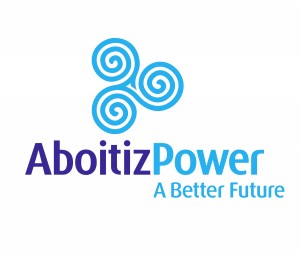As excise tax collections from sugary drinks fell below target, the Department of Finance (DOF) has ordered the Bureau of Internal Revenue (BIR) to check if manufacturers were paying the correct rates.
In a statement Thursday, the DOF said that the excise tax take from sugar-sweetened beverages from January to October last year amounted to only P29.9 billion, lower than the P40-billion goal for the 10-month period.
The DOF quoted Finance Undersecretary Karl Kendrick T. Chua as saying that the collection goal was not achieved “possibly because sugar-sweetened beverage manufacturers might not be paying the correct taxes.”
Under the Tax Reform for Acceleration and Inclusion (TRAIN) Act, drinks using high-fructose corn syrup (HFCS) must pay P12 a liter in excise tax, while those that have caloric and noncaloric sweeteners pay a lower P6 a liter.
“My hunch is that those that are supposed to pay the P12 tax are paying only P6,” Chua explained.
In a report to Finance Secretary Carlos G. Dominguez III, Chua said only Coca-Cola as of October last year was able to secure approval from the Food and Drug Administration (FDA) to convert the sweetener it uses in its drinks from HFCS to sugar or other caloric and noncaloric sweeteners.
“Other companies that have been determined to be using HFCS as beverage sweeteners still have to apply for FDA approval, which is a requirement before they could shift to caloric or noncaloric sweeteners with the lower tax rate of P6,” Chua noted.
“The FDA approved only the conversion for Coke, and that was just last August. So I think many are paying P6 when they should be paying P12. That is our concern. I suggest that the BIR conduct an audit [on beverage manufacturers]. They cannot just change the content per the FDA,” Chua said.
In response, Deputy Commissioner Arnel Guballa of the Bureau of Internal Revenue (BIR) told a recent DOF executive committee meeting that the country’s biggest tax-collection agency “already started checking the tax payments of beverage manufacturers and sending deficiency assessments to correct the tax discrepancies.”
Dominguez nonetheless pointed out that the new tax slapped on sugar-sweetened beverages “significantly contributed to the state coffers.”
Dominguez noted that the levy on sugary drinks under the TRAIN law generated additional revenues worth P100 million a day or around P3 billion a month—hitting the DOF’s P100-million daily operational target collection from these products.
The finance chief earlier said that the government really wanted sugar-sweetened beverages as well as “sin” products such as cigarettes and alcoholic drinks to become more expensive so that there would be less consumption and, in turn, improve the health of Filipinos.


